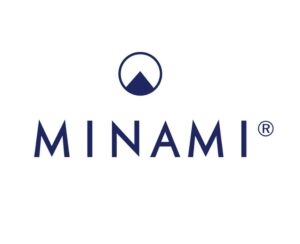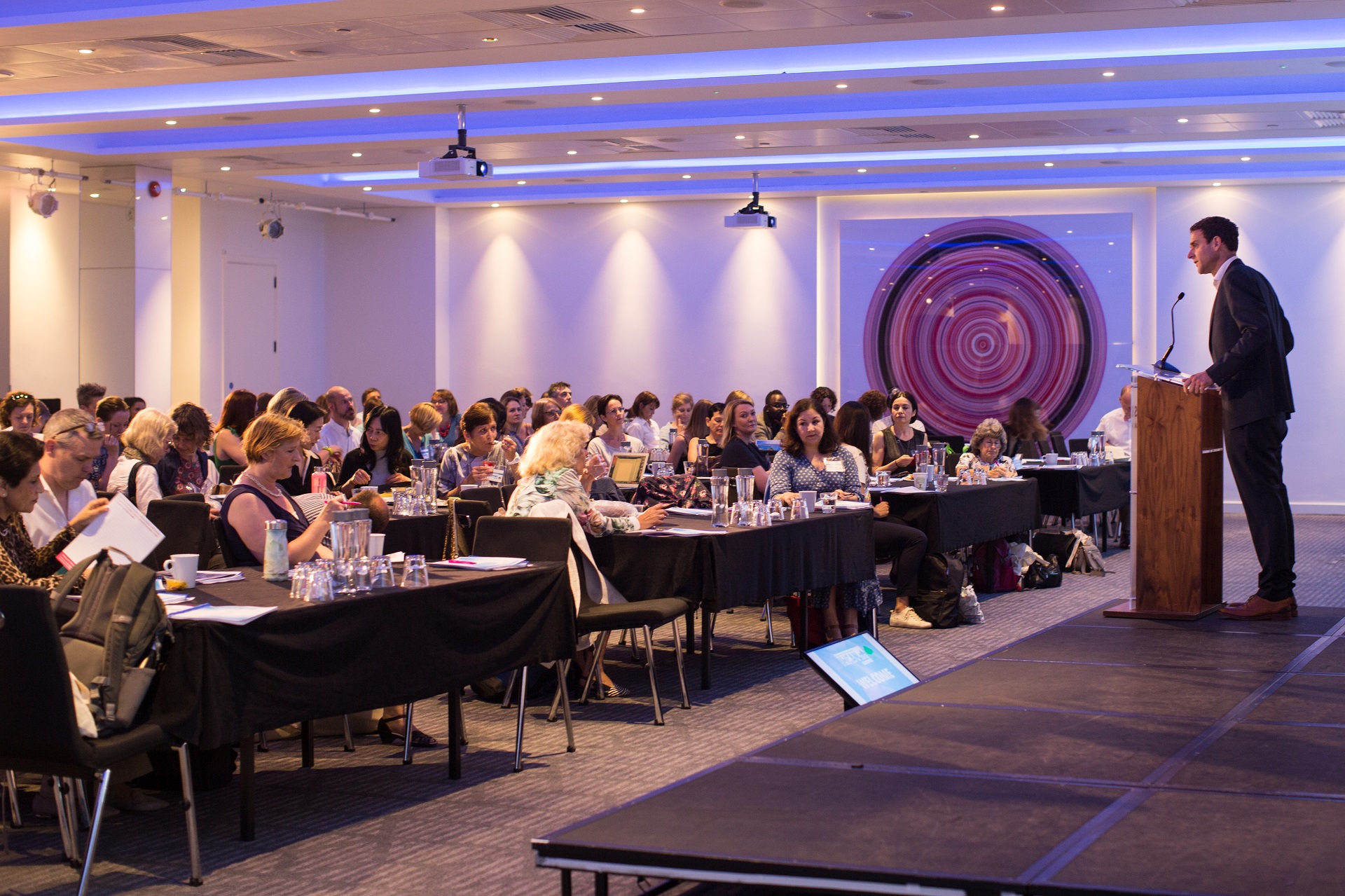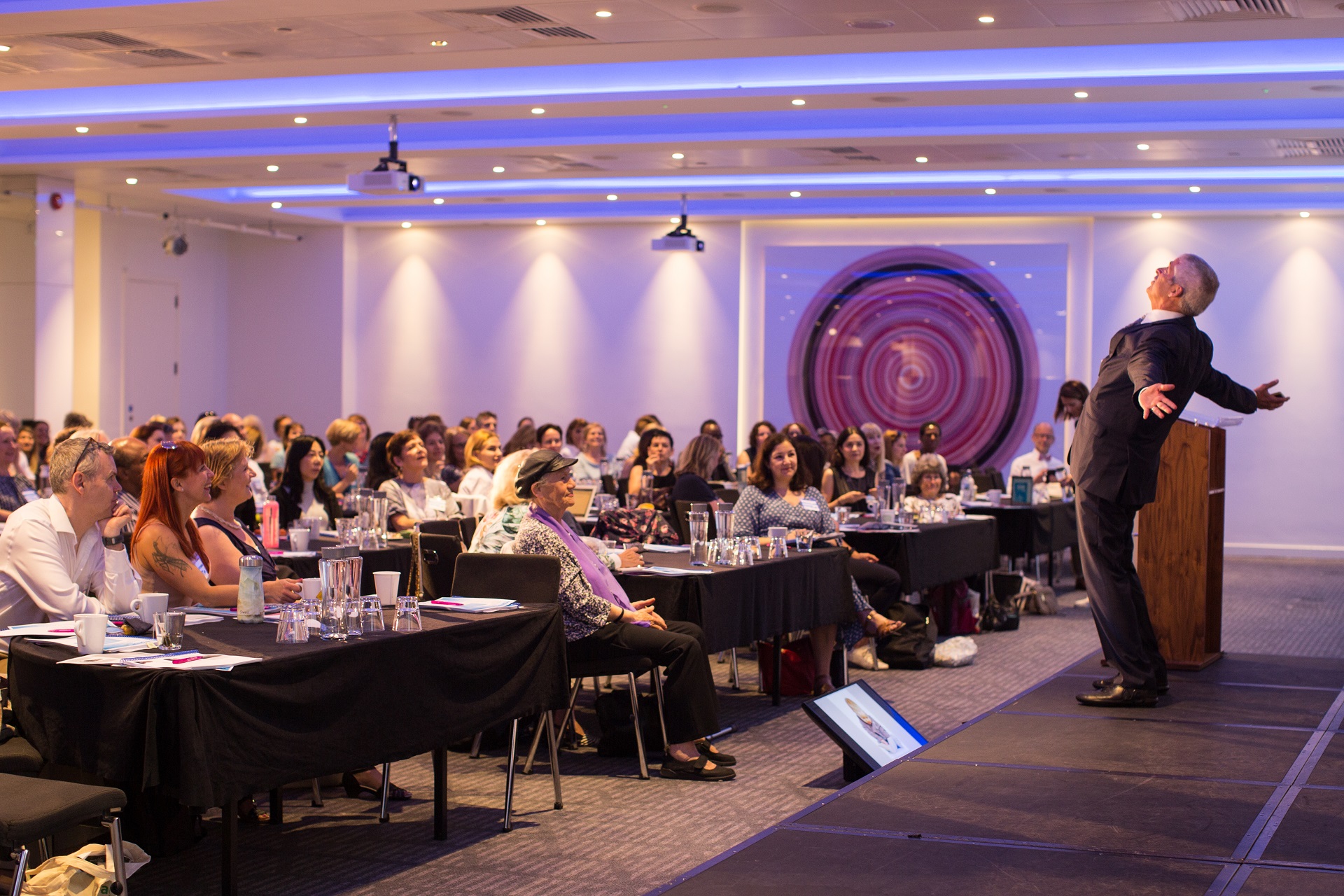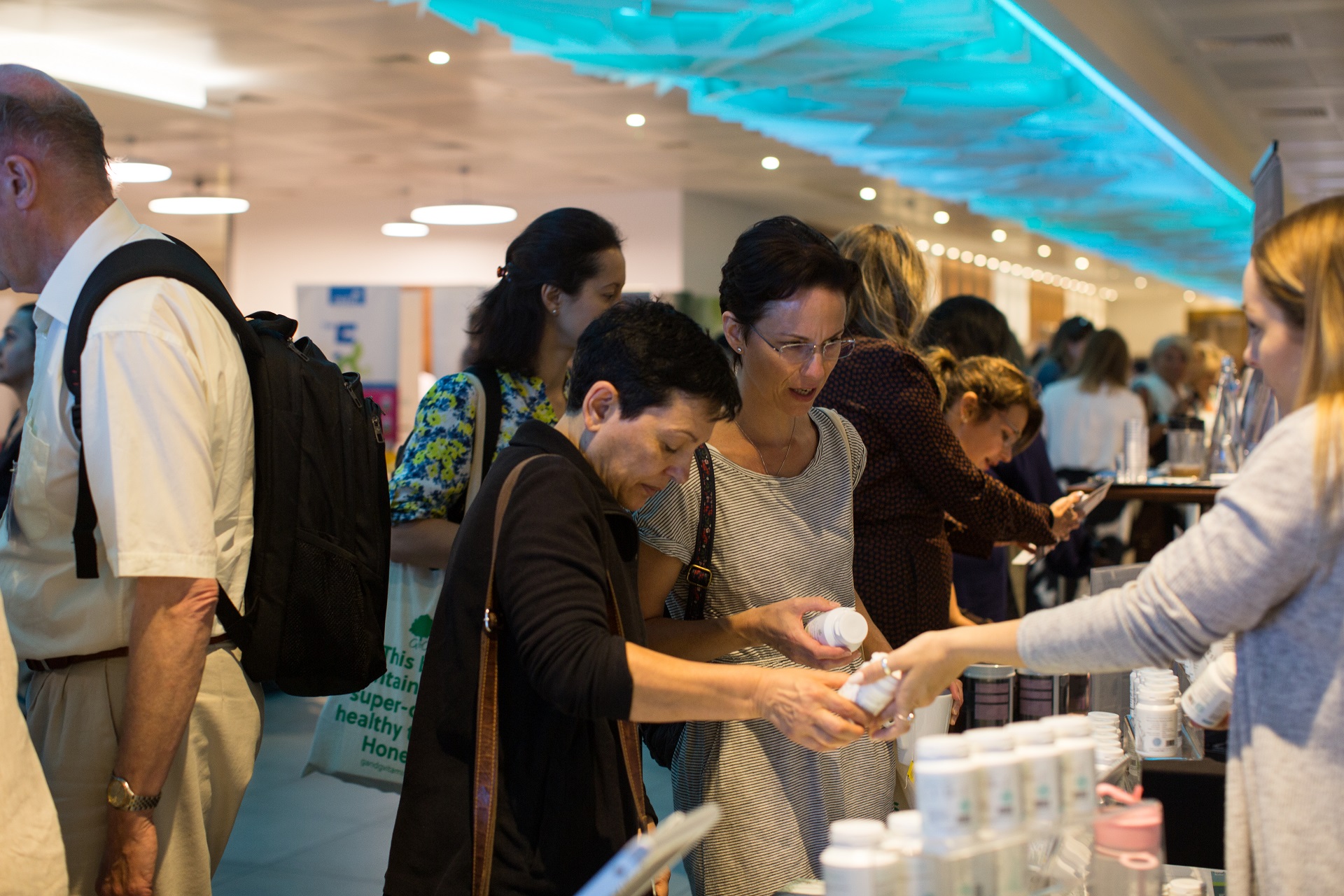Missed the event? Click here to buy the downloads
Live and In-Person – 155 Bishopsgate, London
Dr Leo Pruimboom, Dr Jess Armine, Leslie Kenny and Elliot Overton
9.30 – 17.00, Saturday 18 November 2023, 155 Bishopsgate, London
The IHCAN Summit returns for 2023 with a stellar line-up of internationally-recognised and respected speakers tackling the hottest topics in complementary and integrated health and nutrition.
Members of associations and students save £££
10% discount for members of professional associations and students
Watch the highlights from our last event:
Dr Leo Pruimboom, PhD, Dr Jess Armine, Leslie Kenny and Elliot Overton
We can’t wait to welcome the massively entertaining Dr Leo Pruimboom, PhD, University of Groningen, faculty of medicine, founder of clinical psychoneuroiummunology and the “intermittent living” concept.
He will be joined by Dr Jess Armine. Known worldwide as “Dr. Jess,” his passion is putting together the Health Care Puzzle. He specialises in diagnosing and treating complex, multifactorial illnesses particularly those conditions that have not found help elsewhere. Dr. Armine is one of the few health care practitioners worldwide specialising in correlating the Genetic data with Neuro-Endo-Immunology, Mitochondrial Dysfunction and Cell Wall Integrity to find hidden imbalances. He looks at the entire person and develops INDIVIDUALIZED treatment plans specific to the history and physiology of the individual patient. He lectures practitioners in the USA, UK, and Australia and he treats patients worldwide.
There is also a special appearance by Leslie Kenny, founder of Oxford Healthspan. Diagnosed with lupus and rheumatoid arthritis in her 30s, her doctors told her lupus had a life expectancy of five years and that rheumatoid arthritis could only be managed, not cured… she set out to look for natural solutions. One of these turned out to be spermidine, rich in the traditional Japanese dish natto, and a key nutrient needed for effective autophagy.
Schedule
9.30 – 10.00: Registration
10.00 – 11.15: Elliot Overton CFMP, DipCNM – ‘The Untapped Clinical Potential of Mega-Dose Thiamine: Beyond Addressing “Deficiency”’
11.15 – 11.45: Refreshment break
11.45 – 13.00: Leslie Kenny – ‘Slowing Ageing with Autophagy and Spermidine’
13.00 – 13.45: Lunch
13.45 – 15.00: Dr Jess Armine, BSc, DC – ‘Simplifying and Individualising your Treatment Considerations for Better Outcomes’
15.00 – 15.30: Refreshment break
15.30 – 17.00: Dr Leo Pruimboom, PhD – ‘From irritation to inflammation and cytokine resistance: the universal pathway of chronic disease’

‘From irritation to inflammation and cytokine resistance: the universal pathway of chronic disease’
Chronic disease is still considered some “unknown” phenomena related to inflammation and some kind of misuse of our immune system.
The search for “the cause” of a certain disease has created a paradigm and a question which never seems to be answered. This mono-etiological dogma is based on the finding of Pasteur that an infection is caused by a germ and the consequent development of penicillin. When a patient suffering from rheumatoid arthritis asks the rheumatologist if there is some cure, the common answer is: “No, because we do not know the cause”.
Today there is no doubt about the universal mechanism behind the development of a non-communicable chronic disease: low-grade inflammation (LGI).
The reality is that LGI is not a cause of a disease, it’s a mechanism that can lead to disease.
LGI is characterised by a state of constant activity of innate immune cells and cells from the adapted immune system. Activity of these cells can only be caused by substances with immunogenic capacity. Known inflammation-causing substances are, for instance, present in pathogenic bacteria. This is known as a pathogen-associated molecular pattern.
Tissue damage also liberates substances that activate the immune system, and this is called damage-associated molecular patterns.
Very recently a new group of risk factors have been identified, related to the modern lifestyle causing the production of lifestyle-associated molecular patterns – such as high levels of LDL cholesterol or uric acid. Lifestyle factors included in this group of “causes” are sitting time, high-calorie diet and implanted materials. All these factors have one thing in common: they irritate the body chronically, and if long-lasting irritation is the cause of low-grade inflammation, than irritation is probably the cause of causes.
Long-term emotional stress is known to activate the immune system and long-term emotional stress can be considered as an irritation. The same holds for actual environmental pollution; long-term toxicity as a cause of low-grade inflammation.
Perhaps we have found the answer to the question of the person with rheumatoid arthritis. “Yes, it is curable; the only thing we have to do is get rid of all the factors that irritate your body and the metabolic consequences the LGI has caused”.
About Dr Leo Pruimboom, PhD
Dr. Leo Pruimboom is the scientific director of the master in clinical psychoneuroimmunology of the Pontifical University of Salamanca, Spain and PNI Europe, the Netherlands. He is also the founder of clinical PNI worldwide and responsible for the development of the Intermittent Living concept. His work has proven that intermittent challenges can reset most pathological disturbances.
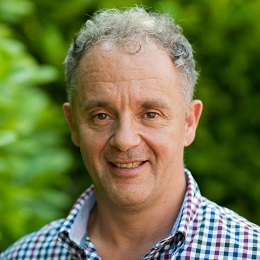
‘Simplifying and Individualising your Treatment Considerations for Better Outcomes’
Have you ever gone to a seminar or webinar and come away feeling really excited by the information received but ended up having difficulty applying it to your practice?
Inclusive of understanding the necessity in creating a functional terrain where the cells, mitochondria and biochemical pathways are optimised, we must also know how to weigh and apply the subject matter that presenters apply at a conference.
So Dr Jess Armine’s presentation will be based on simplifying complex subject matter so that it can be digested and used in clinic on Monday morning.
Along with analysing case studies, Jess will share methods to break down and understand the complex information you have learned, as well as tying it to the great necessity of fundamental treatment and knowing how it is appropriate to elucidate and eradicate root causes.
“You will learn how to make your programmes INDIVIDUALISED, but most of all make the information you have learned usable by Monday morning!” he says.
About Dr Jess Armine, BSc, DC
Known worldwide as “Dr. Jess,” his passion is putting together the Health Care Puzzle. He specializes in diagnosing and treating complex, multifactorial illnesses particularly those conditions that have not found help elsewhere. Dr. Armine is one of the few health care practitioners worldwide specializing in correlating the Genetic data with Neuro-Endo-Immunology, Mitochondrial Dysfunction and Cell Wall Integrity to find hidden imbalances. He looks at the entire person and develops INDIVIDUALIZED treatment plans specific to the history and physiology of the individual patient. He lectures practitioners in the USA, UK, and Australia and he treats patients worldwide. He constantly researches about the latest findings in genetics and functional medicine. Dr Jess offers a complimentary 30 min “get acquainted” session to figure out if he can help you. Go to www.drjessarmine.com for more information.
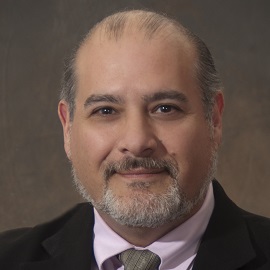
‘Slowing Ageing with Autophagy and Spermidine’
The single greatest risk factor for all chronic disease is ageing, but what if we could avoid or at least delay the onset of those diseases by slowing the rate at which we age? Scientists have identified a number of geroprotectors that show promise inhibiting the 12 hallmarks down which we age, one of which, spermidine, is an endogenously produced polyamine that we also get from plants. This presentation looks at how spermidine inhibits 9 of the 12 hallmarks of ageing, including stem cell and mitochondrial dysfunction, impaired proteostasis and autophagy, gut dysbiosis and inflammation among others. An overview of spermidine’s benefits to the cardiovascular, neurological, and endocrine system will also be given.
About Leslie Kenny
Leslie Kenny is a Southern Californian, Oxford-based entrepreneur and Berkeley and Harvard graduate. Her life dramatically changed when she was diagnosed with a string of autoimmune diseases in her 30s – lupus, rheumatoid arthritis, and hypothyroidism – and told they could only be treated, not cured, with strong immunosuppressants. On a quest to heal herself, she trained at the Institute of Integrative Nutrition in NYC and became a health coach, as well as helping scientists at top-tier European universities find funding for their ground-breaking discoveries. On this exciting career path a little-known age-defying molecule, spermidine, was brought to her attention by a University of Oxford scientist, and the rest is history. This led to her bringing spermidine to market in supplement form as Oxford Healthspan’s first product, and starting the non-profit, Oxford Longevity Project, to educate the public on the latest breakthroughs in longevity.
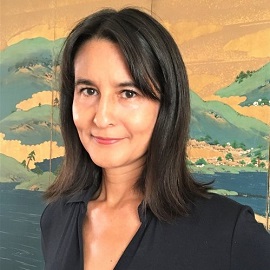
‘The Untapped Clinical Potential of Mega-Dose Thiamine: Beyond Addressing “Deficiency”’
What are the potential benefits of using high-dose thiamine, even when there is no overt deficiency?
Going beyond the traditional understanding of classical deficiency, recent research is revealing the benefits of high-dose thiamine (vitamin B1) for a variety of health conditions.
This presentation will explore the diverse role of thiamine as a “metabolic stimulant” with the capacity to correct dysfunctional oxidative energy metabolism, even outside of the context of nutritional deficiency. Additionally, we will examine the evidence that portrays thiamine as a “universal anti-stress molecule” employed by various organisms, such as plants, bacteria and humans, to mitigate different forms of stress.
The lecture will also underscore the phenomena of “functional thiamine dependence” – a state where non-dietary factors, including environmental toxins, oxidative stress and endogenous metabolites can impair the activity of thiamine-dependent enzymes and lead to organic-specific impairments in energy metabolism. The associated “metabolic block” can create a biochemical situation equivalent to nutritional deficiency, but which is unresponsive to dietary nutrient concentrations. This provides a rationale for the employment of mega-doses of thiamine.
Furthermore, we will examine research studies, including animal models and human case studies, demonstrating thiamine’s protective role against brain injuries, dysautonomias, fibromyalgia and neurodegenerative conditions like Alzheimer’s and Parkinson’s.
In conclusion, delegates will gain insight into the potential benefits of using high dose-thiamine as a means of restoring cellular bioenergetics, beyond mere nutritional supplementation to correct deficiency.
About Elliot Overton CFMP, DipCNM
Elliot is a nutritional therapist based in the south of France, where he runs a private nutritional practice called EONutrition and consults with people virtually from around the globe. Elliot originally developed a keen interest in the clinical application of mega-dose thiamine (vitamin B1) through studying the work of Dr Derrick Lonsdale, and after several years of experience with applying high doses of this nutrient in clinical practice and witnessing the immense benefits it could provide, he now seeks to raise awareness of its therapeutic potential through educating others.
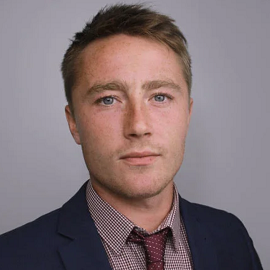
Exhibitors
Demand for stands is high and we’re adding new companies as fast as we can organise, so keep checking back, but some of the suppliers confirmed so far include:
- Minami – Gold sponsor
- Pharma Nord – Gold sponsor
- Regenerus Labs – Gold sponsor
- BodyBio – Silver sponsor
- Marine Healthfoods – Silver sponsor
- Pure Encapsulations – Silver sponsor
- A.Vogel – Bronze sponsor
- BioMedica – Bronze sponsor
- Bio-Nature – Bronze sponsor
- Cytoplan – Bronze sponsor
- Genova Diagnostics Europe – Bronze sponsor
- G R Lane Health Products – Bronze sponsor
- KIB Healthcare – Bronze sponsor
- Kinetic Enterprises – Bronze sponsor
- Hifas Da Terra – Bronze sponsor
- Natures Plus UK – Bronze sponsor
- Natroceutics SA (Pty) Ltd – Bronze sponsor
- Nordic Laboratories – Bronze sponsor
- Nordic Pharma – Bronze sponsor
- The Wellness Lab – Bronze sponsor
- Vitae Health Innovation – Bronze sponsor
- Abundance & Health
- HealthAid
- Institute for Optimum Nutrition
- Lifecode GX
- Linwoods
- Mycology Research Laboratories
- Omega Diagnostics
- Salient Bio
- Sutherland House
- Tee Consulting
- The Natural Dispensary
- The Really Healthy Company
We’re working hard on this year’s menu, but in the meantime, here’s an example of last year’s:
All food served is gluten and dairy-free.
The Energiser Breakfast
Assortment of gluten-free breads, pickles, sea salt butter
Wood platter of charcuterie and breakfast cheeses
Gluten-free, vegan muesli and granola
Fruit greek yogurts, toasted seeds and chia seeds
Sliced seasonal fruit
Selection of freshly blended juices
Lavazza coffee, Taylor’s English and herbal teas
The mid-morning break will have chef’s choice savoury snacks and smoothies.
Lunch
Sticky garlic and ginger chicken, Korean noodles, crispy red onions
Monkfish and salmon, saffron tomato sauce, spinach and brown rice
Vegan Thai green vegetable curry, steamed rice
Vegan apple and caramel crumble
The afternoon break will have the chefs choice of sweet bites and fruit smoothies.
Book your place
Places are limited and often sell out, so guarantee your place before it’s too late.
Proudly supported by

